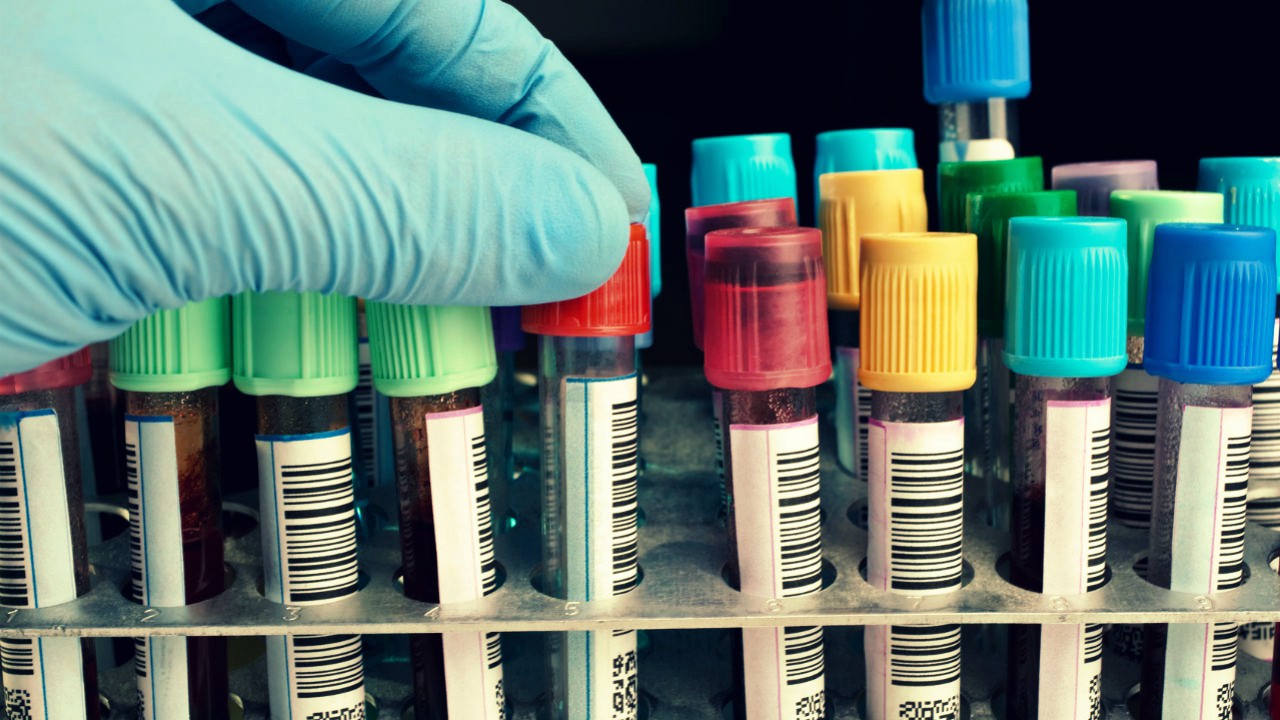I’ve long suspected that the reason my “bad” LDL cholesterol (low-density lipoprotein) was high had absolutely nothing to do with the cheeseburger and fries I had the night before (and the night before that) or the bowl of mint chocolate chip ice cream before bedtime or the even my Mama’s apple pancakes with extra butter and syrup for breakfast. No, anything quite so delectable as these tasty concoctions could not possibly be bad for you. So logically, the reason behind my constant cholesterol battle must certainly be simply because I was born that way. The culprit is clear - it’s all in my genes!
I’ve supported my theory with the “evidence” of a friend who is at ideal weight, eats healthier than the most fervent health nut you’ll ever find and yet two years ago, she suffered a cardiac event. You probably know someone like that as well - healthy and yet hit by heart disease seemingly out of the blue. Or, on the flip side, you may know someone whose lifestyle makes you think that they should be walking around hooked up to an auto-heart shock machine only to find out that their cholesterol is perfect. What’s up with that anyway?
What’s up with that is a gene called sortilin (SORT1). SORT1’s “job” is to help rid the liver of cholesterol. Think of SORT1 as a conductor which tells the liver not only when to release cholesterol into the blood stream but how much to release as well. If SORT1 tells the liver to release too much cholesterol, then regardless of other factors (such as diet), your cholesterol levels will be high.
European researchers recently confirmed this in animal studies and their findings will be presented in the September issue of Cell Press. As a part of the study, researchers created mice which lacked the SORT1 gene. These sweet little furry SORT1-free subjects were then fed a mouse diet designed to mimic our Western diet (you know - foods high in fat like ice cream, cheeseburgers and those great apple pancakes). When SORT1 was removed from the picture, cholesterol levels dropped by 20 percent, even with the Western high-fat diet. The SORT1-free mice also much less plaque build-up in their arteries - 60 percent less, in fact. Their counterpart subjects who were unlucky enough to have the SORT1 gene didn’t far so well. Researchers found that the higher the level of SORT1, the higher the cholesterol.
Based on their findings, researchers indicate that persons with specific versions or variations of the SORT1 gene may simply be genetically predisposed to high cholesterol and at greater risk of heart attack. Now, researchers are not advocating that you run off and cancel your gym membership or load up on Ben & Jerry’s Ice Cream! About 75 percent of us have “good” versions of SORT1 so taking up the couch as a pastime would be premature. Chances are that you have the “good” variation of the SORT1 gene so you’ll want to keep that daily appointment with the treadmill.
Researchers are hoping that their findings will lead to more research in the future to identify SORT1 levels in individuals and ways to inhibit the “bad” gene variation from going into overdrive and creating a cholesterol kingdom in your arteries. Be on the lookout for more studies on the SORT1 gene in the future.
Mary Kyle is a freelance writer, editor, and project manager. She has a Master of Arts in Legal Studies, a Bachelor of Music, and multiple professional certifications in project management. In addition to health advocacy, she is passionate about literacy and volunteers in local schools teaching writing seminars and reading.
Source:
Cell Press (2010, September 8). An important genetic cardiovascular risk factor explained. ScienceDaily. Retrieved September 8, 2010, from http://www.sciencedaily.com¬ /releases/2010/09/100907123731.htm
Journal Reference:
Mads Kjolby, Olav M. Andersen, Tilman Breiderhoff, Anja W. Fjorback, Karen Marie Pedersen, Peder Madsen, Pernille Jansen, Joerg Heeren, Thomas E. Willnow, Anders Nykjaer. Sort1, Encoded by the Cardiovascular Risk Locus 1p13.3, Is a Regulator of Hepatic Lipoprotein Export. Cell Metabolism, 2010; 12 (3): 213-223 DOI: 10.1016/j.cmet.2010.08.006






Add a CommentComments
There are no comments yet. Be the first one and get the conversation started!